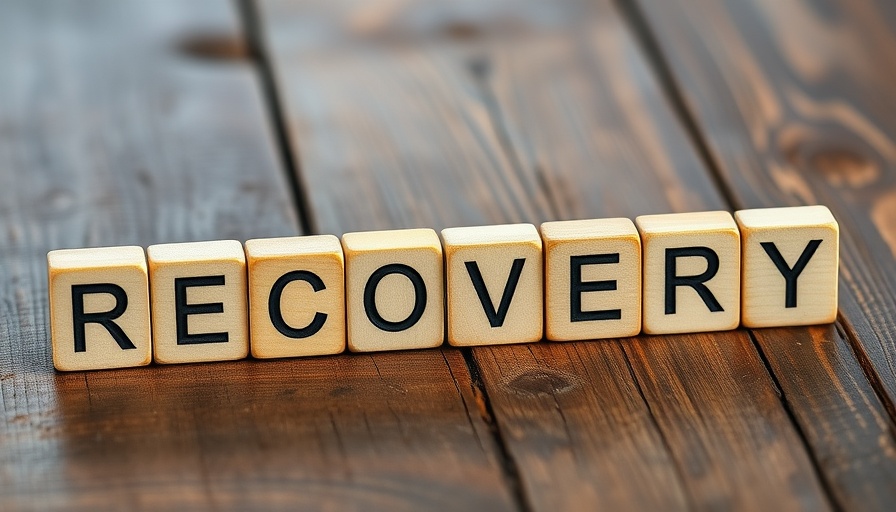
Building a sustainable recovery: A holistic approach
In the face of addiction, the journey to recovery often feels insurmountable. With more than 2.9 million people in England and Wales reporting drug use, it’s clear that addiction touches many lives. Recovery isn’t just about kicking the habit; it’s about rebuilding your entire lifestyle, focusing on well-being in all its forms. This journey is supported by various pillars: physical health, mental clarity, emotional resilience, and community connection.
The power of community in recovery
Building a healthy lifestyle post-addiction means more than just saying no to substances. It’s about embracing new habits and connecting with others who understand your journey. Finding local support groups, whether through community centres or online forums, can provide the encouragement and accountability needed. Sharing experiences fosters a sense of belonging, reminding individuals they are not alone in their struggles.
Nutrition's essential role in recovery
Substance abuse often leads to malnutrition, making a careful look at dietary choices paramount. Incorporating a regimen rich in vitamins and minerals can significantly uplift one’s health. Start by consulting a healthcare professional for tailored advice on necessary supplements or dietary adjustments. Meal planning can also empower you by creating a sense of control, offering structure that may have been lacking during addiction.
The emotional work of recovery
Emotional well-being is a critical aspect of recovery. Journaling, therapy or engaging in creative outlets can aid in processing emotions and experiences that surface during this phase. Connecting with others through art, writing, or discussion helps to reinforce resilience and foster healing. It’s okay to seek help; doing so is a sign of strength rather than weakness.
Physical activity as a cornerstone
Incorporating movement into your daily routine is vital. Exercise boosts the production of 'happy hormones' such as serotonin and dopamine, which are typically low in those recovering from addiction. A simple walk in your local park, a yoga session, or even dancing at home can uplift your mood and contribute positively to your recovery process.
Creating and maintaining structure
Establishing a daily routine is instrumental in building a healthy lifestyle. This might include simple scheduled activities, from meals and exercise to recovery meetings. Structure provides a framework that can prevent regression while promoting a sense of purpose. Think of building a toolbox for harder days — whether it includes relaxation techniques, motivational readings, or a support network, being prepared strengthens resolve.
Staying the course: Long-term strategies
Recovery is an ongoing process requiring vigilance and a proactive mindset. Individuals must remain committed to their mental and physical health long after the initial quit. Adopting a growth mindset not only allows you to learn from setbacks but also creates space for celebration of milestones. This journey is not about perfection; it’s about continuous improvement.
In Leicestershire, where community ties run deep, local support and shared experiences can be found readily. Whether you’re at the start of your journey or navigating through the complexities of long-term recovery, remember that every step forward counts.
Taking action now involves committing to your recovery journey. Remember, it’s about making daily choices that build the life you want beyond addiction. Step into today with hope and resilience.
 Add Row
Add Row  Add
Add 




Write A Comment